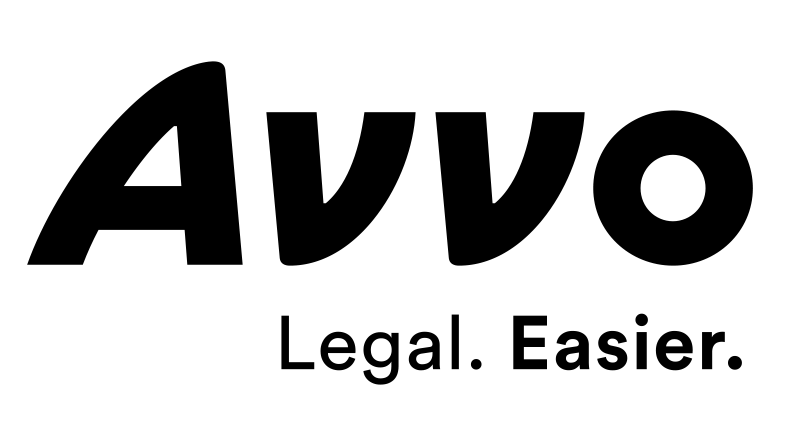Special Needs Trusts
Special Needs Trusts and Supplemental Needs Trusts
Special Needs Trusts (collectively “SNTs”) provide the framework to allow people with disabilities and their families to provide for circumstances to pay for supports and services that may not be covered by governmental benefits and to save funds in a “safe harbor.”
Special Needs Trusts are permitted to pay some costs that would supplement the governmental benefits and still allow a person with a disability the opportunity to have unique experiences not otherwise covered by governmental benefits. Through our collaborative approach, we will strive to understand your vision for your child’s future and your child’s unique needs to create a plan to help you meet your goals.
Do you need a Special Needs Trust or a Supplemental Needs Trust?
What kind of Trust is right for your family and situation?
Should you open an ABLE account?
Each of these estate planning vehicles are unique. Each has its own purpose.
The Special Needs Trust...
…sometimes called a “First Party Trust,” is a self-settled Trust.
The income and earnings of the disabled individual could be placed in this trust. The funds remaining in this trust at the death of the settlor are subject to a Medicaid payback provision or just one fiduciary in multiple roles, depending on the circumstances.
A Supplemental Needs Trust...
…also called a “Third Party Trust,” is created by a third-party for the benefit of the person with the disability.
The Supplemental Needs Trust may be discretionary or directed. There is no payback requirement assuming the Trust assets have been used for approved expenses.
Achieving a Better Life Experience Account (ABLE)
A 529A account, is another way for a person with a disability to save funds. The disability onset must be before age 26, and the individual must meet the Social Security definition of disability.
Its purpose is to secure funding for disability-related expenses on behalf of designated beneficiaries with disabilities that will supplement, but not supplant, benefits provided through private insurance, Medicaid, SSI, the beneficiary’s employment and other sources.
Funds in the ABLE account are limited to $15,000.00 per year from all sources. This includes money received from parents, grandparents, and friends and family as gifts, and income and earnings of the disabled person.
ABLE Account Limits
Funds in the ABLE account are limited to $15,000.00 per year from all sources. This includes money received from parents, grandparents, and friends and family as gifts, and income and earnings of the disabled person.
The funds from the ABLE account can only be used for qualified disability expenses including transportation, personal assistance services, health care not covered by insurance, and assistive technology. Upon the death of the beneficiary, assets remaining in an ABLE account must be used to reimburse the state for Medicaid payments made on behalf of the beneficiary.
We will work in concert with your current estate plan, and if you do not have one, we can help you create a plan that works for your family.
Bercik Law combines decades of experience with a wide range of estate planning and litigation matters, including will contests, breach of fiduciary duties, contested administrations, accountings and guardianship disputes.
Involved in a dispute? Please tell us more, we are here to listen…
Book An Appointment
Schedule an Appointment With One of Our Attorneys Today!




NAVIGATION
OFFICE HOURS
Monday-Friday 9:00 am to 3:00 pm
Closed Saturday and Sunday
CORPORATE OFFICE
Revmont Park
1161 Broad Street
(Rt. 35 North)
Suite #216
Shrewsbury, NJ 07702

ABOUT BERCIK LAW
The attorneys at Bercik Law are committed to a robust and proactive approach to achieve results for our clients in estate, trust, and guardianship litigation matters. Read more...
Copyright © 2025 - Bercik Law. All Right Reserved
Web Design by John Rod and Co.


